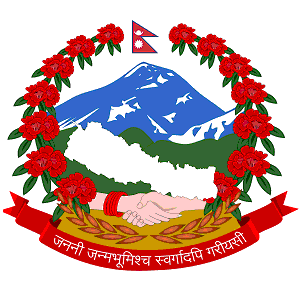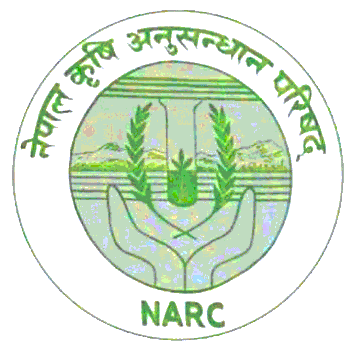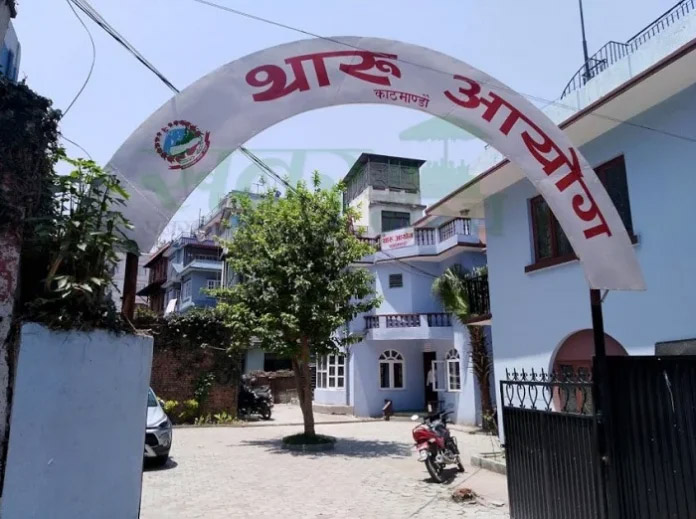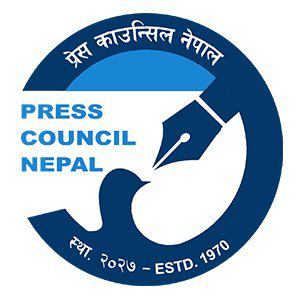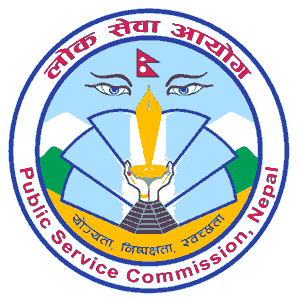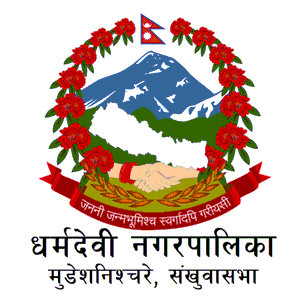Overview
The Nepal Nursing Council (NNC) plays a significant role in enhancing the nursing profession in Nepal. Established in 1996 under the Nepal Nursing Council Act 2052, the NNC has evolved significantly since its inception. With its current headquarters in Bansbari, Kathmandu, the NNC stands as a key regulatory body in the field of nursing in Nepal.
Roles and Responsibilities of the NNC
The NNC is entrusted with various critical functions and duties, essential for the smooth operation and advancement of the nursing profession in Nepal. Key responsibilities include:
-
Policy Development for the Nursing Profession: The NNC is instrumental in formulating policies that ensure the smooth operation of the nursing profession in Nepal. These policies cover various aspects of nursing education and practice, ensuring high standards are maintained.
-
Recognition of Teaching Institutions: One of the key functions of the NNC is to grant recognition to nursing educational institutions. This involves a thorough evaluation of the institution's curriculum, admission criteria, examination system, and infrastructure.
-
Curriculum Evaluation and Review: The council regularly assesses and revises the nursing curriculum and related terms and conditions. This ensures that the education provided is up-to-date and meets the required standards.
-
Certification and Registration of Nursing Professionals: The NNC is responsible for determining the qualifications necessary for nursing professionals. It issues certifications and registers qualified individuals, ensuring a standard level of competence among nurses in Nepal.
-
Code of Conduct and Professional Standards: The council also formulates a professional code of conduct for nursing professionals. It takes necessary actions against those who violate these standards, maintaining the integrity of the profession.
Consultation and Approval for New Institutions
The Nepal Nursing Council (NNC) holds a significant role in the establishment and operation of new nursing educational institutions in Nepal. This process is critical for maintaining the quality and standards of nursing education in the country. The key aspects of the council's involvement in this process are:
-
Mandatory Consultation: Before any new nursing teaching institution is established, consulting the NNC is essential. This ensures that the proposed institution aligns with the national standards for nursing education and practice.
-
Assessment of Standards and Infrastructure: The NNC evaluates whether the new institution meets the requisite standards and infrastructure. This includes reviewing the proposed curriculum, faculty qualifications, facility resources, and other critical aspects.
-
Providing Recommendations: Based on its assessment, the NNC provides recommendations regarding the establishment of the institution. These recommendations are vital for decision-making by the concerned authority.
-
Decision Basis for Approval: The final decision on whether to approve the establishment and operation of a new nursing institution is based on the NNC's opinion. This ensures that only institutions meeting the high standards set by the council are approved.
-
Publication in Nepal Gazette: Once an institution is approved, a notice is published in the Nepal Gazette. This formalizes the institution's status and allows it to commence its operations.
The involvement of the Nepal Nursing Council in this process is crucial for ensuring that new nursing institutions in Nepal are capable of providing high-quality education and training. This, in turn, contributes to the overall improvement of healthcare services in the country by ensuring that nursing professionals are well-trained and qualified.
Council Composition and Member Tenure
The NNC's Board of Directors comprises members from diverse sectors, ensuring a holistic approach to decision-making. The constitution process of the council includes:
- Chairperson appointed by the Nepal Government.
- Members with extensive experience in nursing education.
- Representatives from the Nursing College, Department of Health, Institute of Medicine, regional hospitals, and consumer groups.
Council members serve a tenure of four years. For effective management of its day-to-day activities, the Government of Nepal appoints a registrar from among qualified nurses. The council also employs additional administrative staff based on its workload and operational needs.
The Nepal Nursing Council stands as a cornerstone in the development and regulation of nursing in Nepal. Through its comprehensive roles and responsibilities, the NNC ensures that the nursing profession remains dynamic, competent, and aligned with international standards. As a regulatory body, it not only oversees educational standards but also upholds the ethical and professional conduct of nurses, contributing significantly to the healthcare sector of Nepal.




